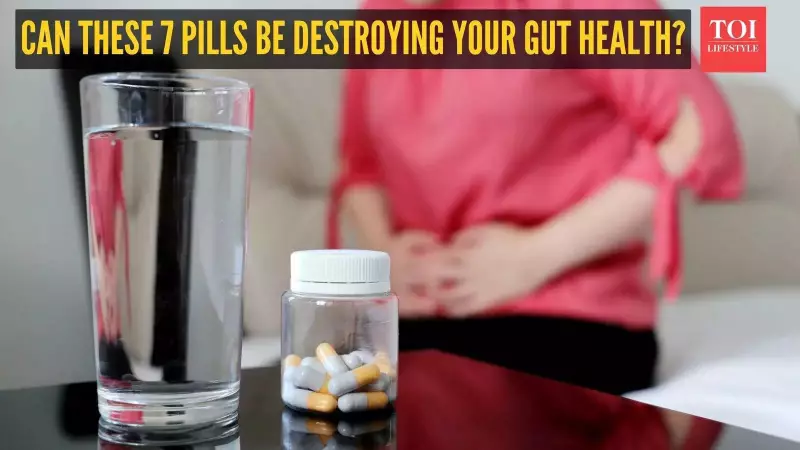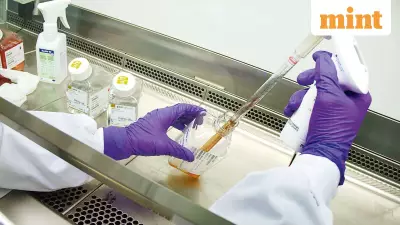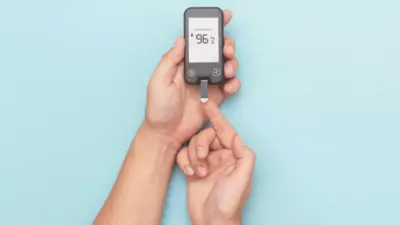
Your gut health is more fragile than you might think, and some of the most commonly prescribed medications could be causing permanent damage to your digestive system. Recent research reveals that several everyday drugs can disrupt your gut microbiome in ways that may never fully recover.
The Silent Damage to Your Gut Ecosystem
Your gut contains trillions of bacteria that play crucial roles in digestion, immunity, and even mental health. When this delicate ecosystem gets disrupted, the consequences can be long-lasting and severe.
6 Medications That Wreak Havoc on Gut Health
1. Antibiotics - The Gut's Worst Enemy
While antibiotics are life-saving drugs, they're notorious for wiping out both harmful and beneficial bacteria indiscriminately. Studies show that even a single course of antibiotics can alter your gut microbiome for months, and in some cases, the damage may be permanent.
2. Proton Pump Inhibitors (PPIs)
Commonly used for acid reflux and heartburn, PPIs reduce stomach acid. While this provides relief, it also creates an environment where harmful bacteria can thrive, potentially leading to long-term gut imbalances.
3. Non-Steroidal Anti-Inflammatory Drugs (NSAIDs)
Medications like ibuprofen and aspirin can damage the protective lining of your stomach and intestines, leading to inflammation and altered gut bacteria composition.
4. Metformin
Widely prescribed for diabetes management, Metformin significantly alters gut bacteria. While some changes might be beneficial for glucose control, others can cause digestive discomfort and long-term microbiome shifts.
5. Antidepressants
SSRIs and other antidepressants interact with the gut-brain axis, potentially changing your microbiome composition in ways that researchers are still trying to understand.
6. Steroids and Hormonal Medications
Corticosteroids and hormonal treatments can dramatically shift your gut environment, creating imbalances that may persist long after you stop taking the medication.
Protecting Your Gut While Taking Necessary Medications
If you need to take these medications, there are ways to minimize the damage:
- Take probiotics: Supplement with quality probiotics during and after medication courses
- Eat prebiotic foods: Include garlic, onions, bananas, and whole grains in your diet
- Stay hydrated: Proper hydration supports gut lining health
- Diversify your diet: Eat a wide variety of plant-based foods to support diverse gut bacteria
- Consult your doctor: Never stop prescribed medications without medical advice, but discuss gut-protecting strategies
The Long-Term Impact on Your Health
An imbalanced gut microbiome has been linked to numerous health issues including digestive disorders, weakened immunity, mental health challenges, and chronic inflammation. Protecting your gut health isn't just about comfort—it's about long-term wellness.
Remember: Always work with healthcare professionals when making decisions about medications. While protecting your gut is important, some medications are essential for managing serious health conditions.





